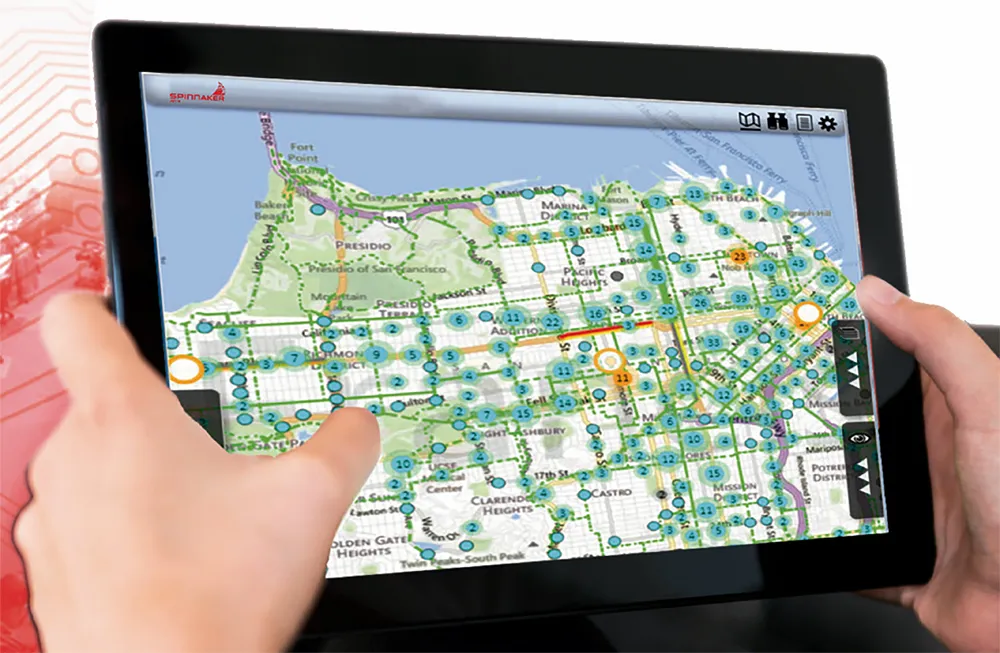MAAPcloud, the UK’s Transport Research Laboratory’s (TRL) advanced cloud-based accident management and data analysis software system, has been chosen by Argyll and Bute Council to help them reduce the number of casualties and serious injuries on their roads.
Designed by road safety experts at TRL, MAAPcloud supports local authorities, police forces and other road safety stakeholders in making vital road safety investment decisions. The system is intuitive to use and utilises modern cloud-based technologi
April 14, 2014
Read time: 2 mins
MAAPcloud, the UK’s Transport Research Laboratory’s (491 TRL) advanced cloud-based accident management and data analysis software system, has been chosen by Argyll and Bute Council to help them reduce the number of casualties and serious injuries on their roads.
Designed by road safety experts at TRL, MAAPcloud supports local authorities, police forces and other road safety stakeholders in making vital road safety investment decisions. The system is intuitive to use and utilises modern cloud-based technologies. All data is stored on secure remote servers with regular back-ups, alleviating the need to worry about security or updates. As it’s managed centrally, users do not have to install software locally and MAAPcloud is fully Windows 7 compatible.
MAAPcloud is designed for flexible deployment, so multiple authorities and organisations can share a single system. The on-line maps and analytical tools quickly identify the number of collisions, where they are, how they happened and what factors contributed to the cause of these collisions. Individual sites can then be monitored before and after safety measures have been introduced enabling cost-benefit studies to be carried out. All users of the system can access the same data in real-time, allowing different agencies and councils to share analyses, reports and lessons learnt.
Designed by road safety experts at TRL, MAAPcloud supports local authorities, police forces and other road safety stakeholders in making vital road safety investment decisions. The system is intuitive to use and utilises modern cloud-based technologies. All data is stored on secure remote servers with regular back-ups, alleviating the need to worry about security or updates. As it’s managed centrally, users do not have to install software locally and MAAPcloud is fully Windows 7 compatible.
MAAPcloud is designed for flexible deployment, so multiple authorities and organisations can share a single system. The on-line maps and analytical tools quickly identify the number of collisions, where they are, how they happened and what factors contributed to the cause of these collisions. Individual sites can then be monitored before and after safety measures have been introduced enabling cost-benefit studies to be carried out. All users of the system can access the same data in real-time, allowing different agencies and councils to share analyses, reports and lessons learnt.









